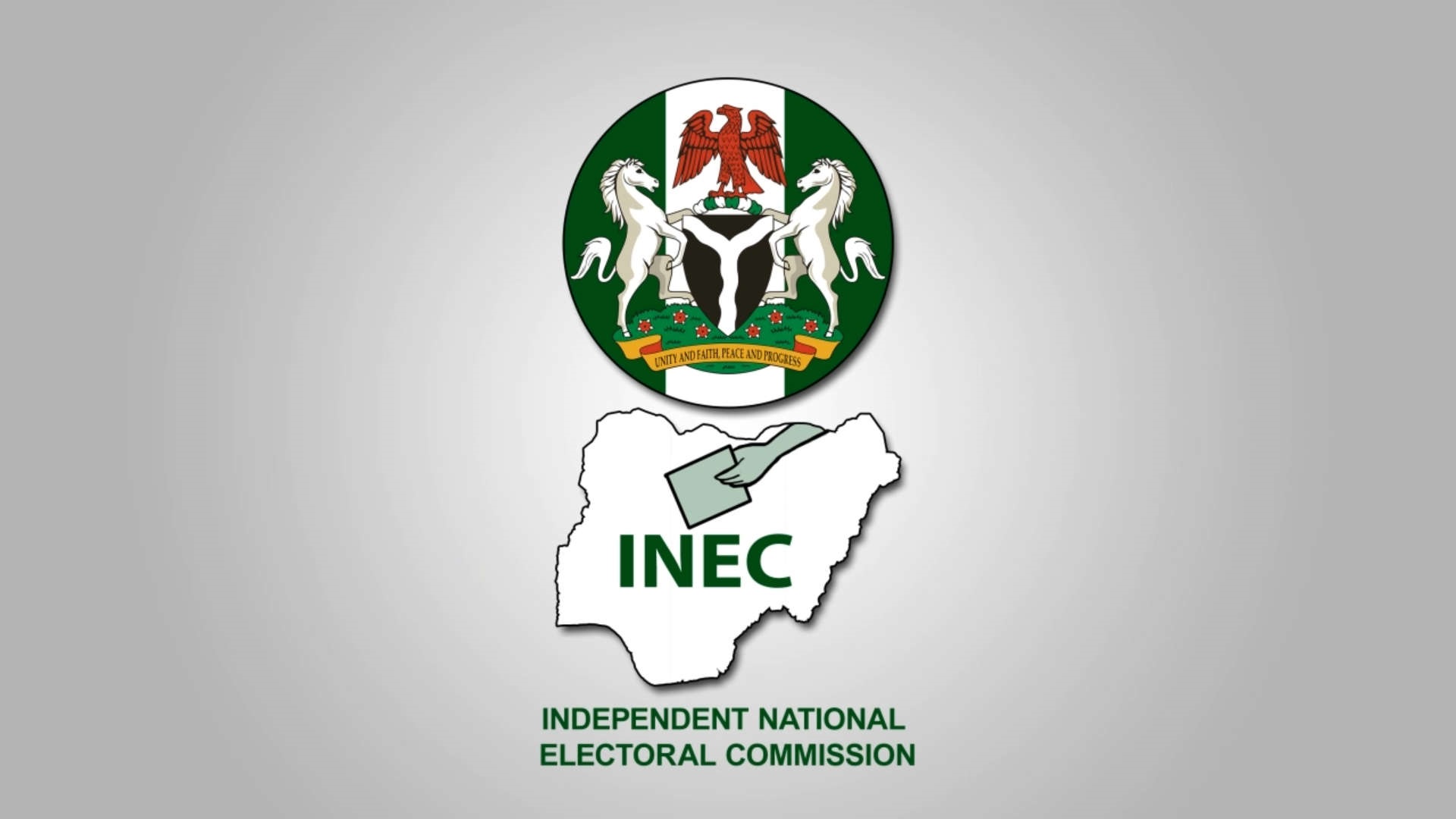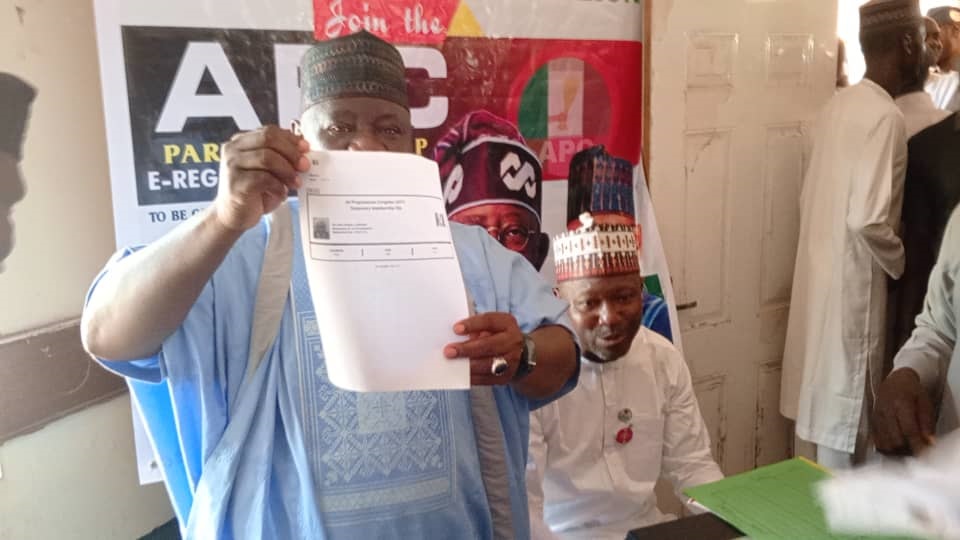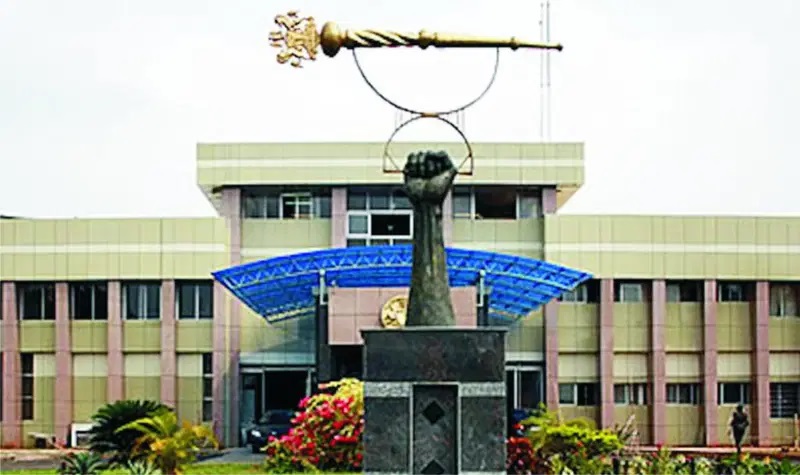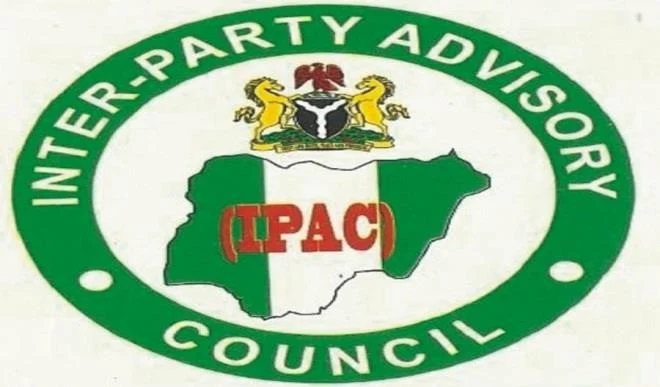Top ministers from Germany’s three coalition parties are to meet over the coming days in an attempt to find a way out of the ongoing government crisis related to economic policy.
Chancellor Olaf Scholz of the Social Democrats (SPD) is to meet with Economy Minister Robert Habeck of the Greens and Finance Minister Christian Lindner of the Free Democrats (FDP) several times in the run-up to a coalition committee meeting on Wednesday, including two to three times on Monday alone.
The coalition parties are deeply divided over the draft budget for next year and over ways to boost Germany’s lagging economy, topics which will dominate the agenda for Wednesday’s meeting.
Lindner, a budget hawk and the leader of the pro-business FDP, is demanding deep cuts and compliance with Germany’s debt limit, while Habeck is pushing for spending backed by new government debt.
These divisions came to a head when a policy paper by Lindner was made public on Friday, in which he demanded a fundamental “reorientation” of the government’s economic policy.
In the paper, the finance minister demanded an end to the solidarity surcharge to finance rebuilding the former East Germany, an extra tax on high earners, as well as an immediate moratorium on any new business regulations.
He also called for Germany to back away from ambitious national climate targets, and instead rely on EU-wide climate targets.
Habeck has separately released papers outlining his economic proposals, including major investments.
Scholz is currently drafting a “pact for the industry” following a series of summits with labour and business leaders, from which he has pointedly excluded both Lindner and Habeck.
The divisions are now considered a potential breaking point for the coalition, with speculation in recent weeks that the FDP might even quit the three-party coalition and force early elections.
The meeting of the coalition committee, which includes almost 20 representatives of the coalition parties, party heads and faction leaders, was scheduled weeks ago.
It is the first such meeting since the parliamentary summer break. (dpa/NAN)





